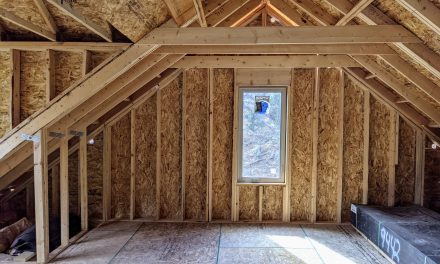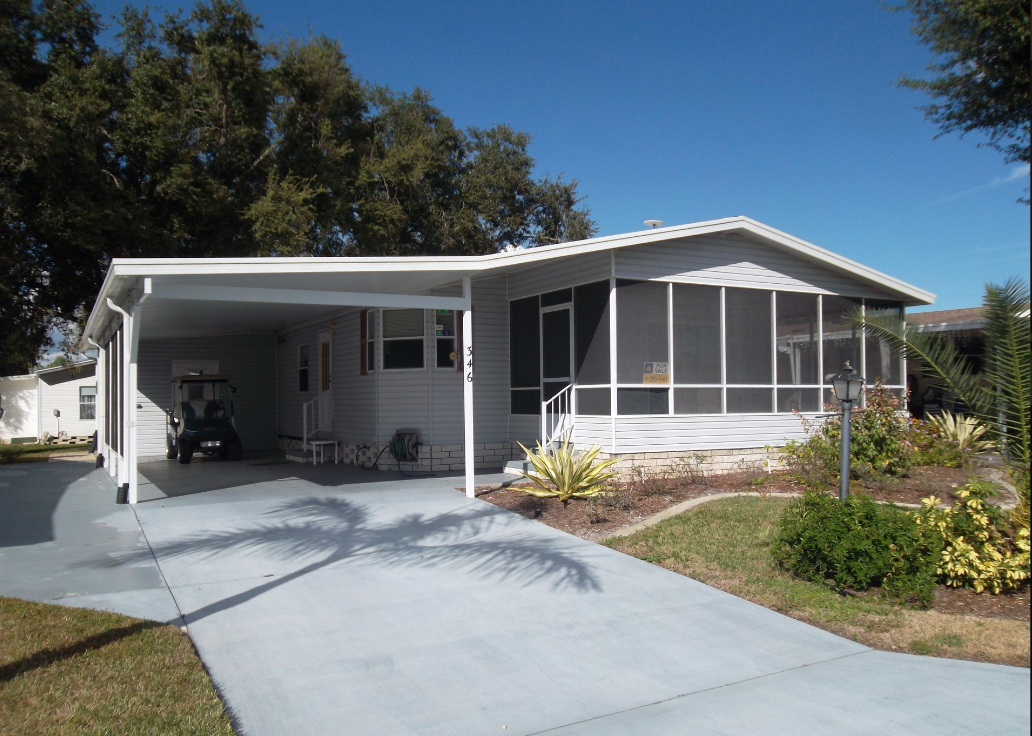Question:
“I’m getting ready to buy my first mobile home! I’ll be meeting with the seller soon and I need some advice on negotiating a fair price. Any tips?”
– Sandra F. (39), King City, CA
Answer:
Congratulations! Negotiation is an essential part of buying a home and involves research, effective communication, and a willingness to compromise.
A key part of any successful negotiation is preparation. When looking for a home, it is essential to conduct your own preliminary research regarding the property, the seller, and the community. You should know your budget and how much you can afford, as well as the kind of lifestyle and environment you would like to call home. Considering these factors will put you in a good position to negotiate with the seller.
The negotiation process begins once you meet with the seller to discuss pricing, concessions, and all other factors which must be taken into consideration in order to close the deal. Negotiating can be difficult at times, so it’s important to remember that the goal is to make both parties happy. Here are a few essential tips for an effective negotiation:
- Start with an initial offer: Begin with an offer that is lower than your maximum budget but not so low that it offends the seller. Typically you can start at around 10-20% below your budget.
- Justify your offer: Provide reasons for your offer, such as any repairs and upgrades needed or the market research you have conducted. A well-reasoned offer can make the seller more receptive.
- Be prepared to compromise: Usually, you can expect the seller to counter your initial offer. It may help to explain to the seller what type of home or community you are looking for, and why a particular offer is reasonable or not for you. Similarly, you should try to understand the seller’s point-of-view. Ask the seller to explain their offer before assuming they simply want you to pay more for the home than you would like.
- Negotiate non-price factors: In addition to the purchase price, consider negotiating other factors, such as the inclusion of amenities, utilities, closing costs, or the timing of the sale (e.g., a longer closing period if needed).
- Be prepared to walk away: It is important to be realistic and recognize if a home is simply out of your price range. If you can’t reach a mutually acceptable price, be prepared to walk away. Sometimes this will motivate the seller to reconsider their stance.
- Review the Contract: If an agreement is reached, it is critical that you carefully review the purchase contract with the seller. If necessary, you may consult with a real estate attorney to better understand the contract.
Lastly, it’s important to approach the negotiation process with a positive attitude, and to be polite and respectful to the seller. Avoid rushing and take your time to consider each offer and counteroffer carefully. Remember that negotiation is a give-and-take process, and both parties should feel satisfied with the outcome.
Wishing you the best of luck on your homeownership journey!





